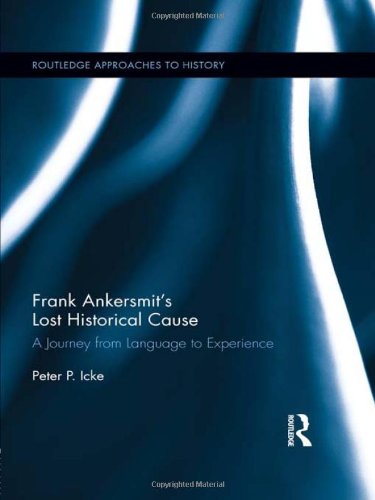

Most ebook files are in PDF format, so you can easily read them using various software such as Foxit Reader or directly on the Google Chrome browser.
Some ebook files are released by publishers in other formats such as .awz, .mobi, .epub, .fb2, etc. You may need to install specific software to read these formats on mobile/PC, such as Calibre.
Please read the tutorial at this link: https://ebookbell.com/faq
We offer FREE conversion to the popular formats you request; however, this may take some time. Therefore, right after payment, please email us, and we will try to provide the service as quickly as possible.
For some exceptional file formats or broken links (if any), please refrain from opening any disputes. Instead, email us first, and we will try to assist within a maximum of 6 hours.
EbookBell Team

0.0
0 reviewsThe contemporary Dutch historical theorist/philosopher Frank Ankersmit, an erstwhile advocate and promulgator of what has become known as "the linguistic turn" in historical theory, is very well known within the discipline. His early position with regard to the historical text is frequently discussed and evaluated today, and his writings on the subject are often cited. However, this former narrativist position, so robustly and effectively defended by Ankersmit in the past, has been progressively marginalized by Ankersmit himself as his current and radically different theoretical position, most fully expressed in his recent publication Sublime Historical Experience, now (for him) takes precedence. Yet, despite this radical shift in Ankersmit's position, this conspicuous "conversion" of an eminent prime mover in the field of mainstream language centred historical theory, there has been no comprehensive and sustained (investigative) critique of his various works taken in the whole. Consequently, there has until now been no close reading and analytical dissection of that whole, such that Ankersmit's overall trajectory of philosophical thought might be adequately discerned, and perhaps even explained. In short, there is a vacant space here, and the function of this book is, precisely, to fill that space.